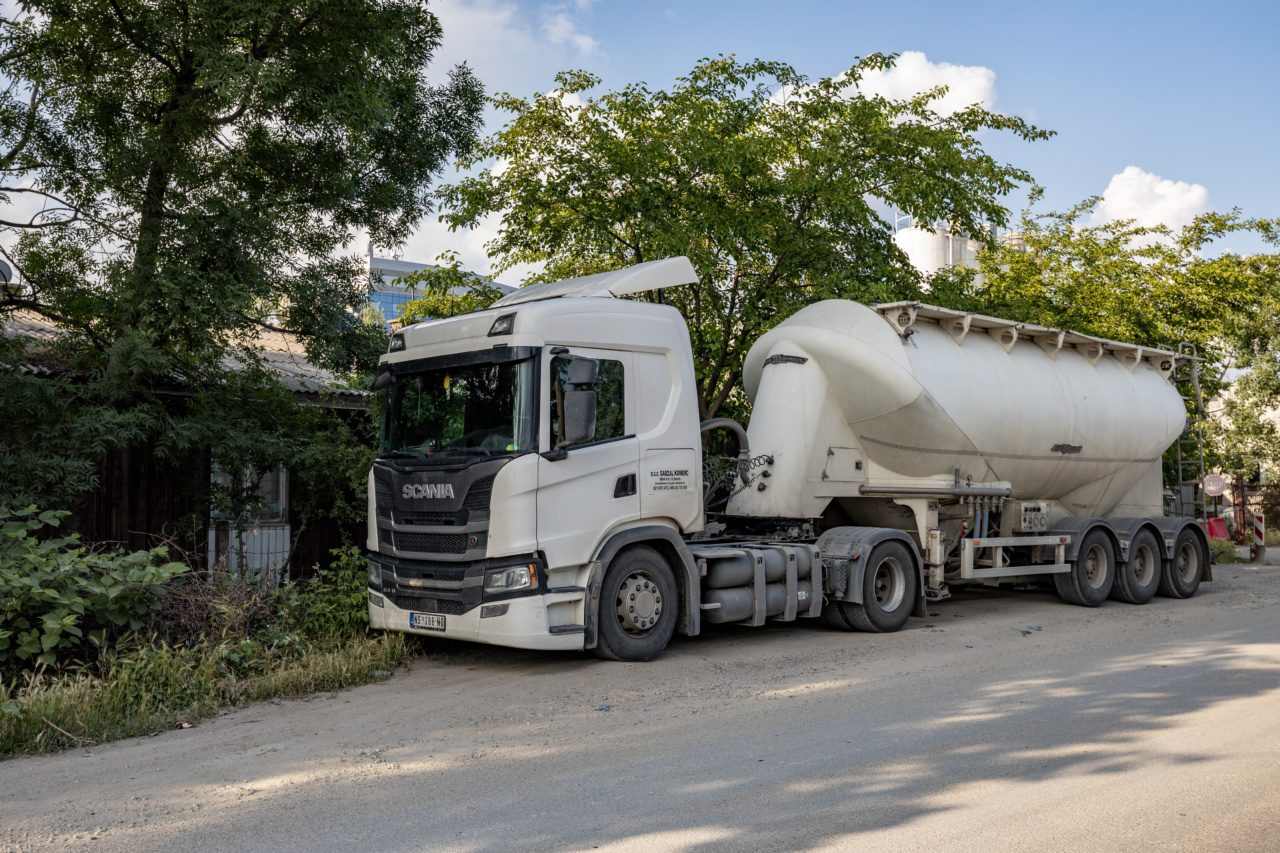Butt burn is a condition that many people experience at some point in their lives, often as a result of prolonged or excessive sitting.
It refers to a feeling of discomfort or pain in the buttocks area, often accompanied by a stinging or burning sensation. While butt burn is not a serious medical condition, it can be quite uncomfortable and can interfere with daily activities.
In this article, we will explore the potential side effects of butt burn and discuss some possible ways to prevent or alleviate this discomfort.
1. Skin Irritation
One of the most common side effects of butt burn is skin irritation. The prolonged pressure on the buttocks can cause the skin to become red, inflamed, and sensitive. In some cases, the skin may even develop small rashes or blisters.
This can be particularly problematic for individuals with sensitive skin or those who sweat excessively.
2. Pain and Discomfort
Butt burn can also cause significant pain and discomfort. The burning sensation in the buttocks can range from mild discomfort to intense pain, which can make sitting or moving around difficult.
This can be especially challenging for individuals who have jobs that require long hours of sitting or for those who engage in activities that put pressure on the buttocks, such as cycling or horseback riding.
3. Reduced Mobility
As a result of the pain and discomfort caused by butt burn, individuals may experience reduced mobility. The discomfort may prevent them from participating in physical activities or engaging in exercises that could benefit their overall health.
This can lead to a sedentary lifestyle and contribute to other health issues, such as weight gain, muscle weakness, and joint problems.
4. Impact on Emotional Well-being
Constant pain and discomfort can have a significant impact on a person’s emotional well-being. Butt burn can cause frustration, irritability, and even anxiety, as individuals may struggle to find relief or feel embarrassed about their condition.
The discomfort and limited mobility can also interfere with social interactions and daily activities, leading to feelings of isolation or depression.
5. Sleep Disturbances
For some individuals, butt burn can even affect their quality of sleep. The discomfort and pain can make it difficult to find a comfortable position in bed, leading to restless nights and sleep disturbances.
Lack of proper sleep can have further negative effects on overall health and well-being, including decreased cognitive function, mood swings, and decreased immune function.
6. Impact on Work Productivity
Butt burn can also impact work productivity. Employees who experience discomfort and pain may struggle to focus on their tasks and may need frequent breaks or adjustments to alleviate the pain.
This can lead to decreased efficiency and effectiveness in completing work, potentially impacting career advancement opportunities and overall job satisfaction.
7. Development of Pressure Sores
In severe cases, prolonged pressure on the buttocks can lead to the development of pressure sores or ulcers. These are open wounds that form on the skin due to constant pressure and lack of circulation.
Pressure sores can be painful, difficult to heal, and may require medical intervention to prevent infection.
8. Persistent Butt Burn
In some instances, butt burn may become a chronic condition. Individuals who have experienced recurring or persistent butt burn may develop long-term discomfort and inflammation, even when they are not sitting for extended periods.
Chronic butt burn can significantly affect one’s quality of life and may require ongoing management and treatment to alleviate the symptoms.
9. Prevention and Alleviation
To prevent or alleviate butt burn, there are several strategies you can try:.
– Take regular breaks from sitting or engage in activities that involve standing or moving around.
– Use cushioned or ergonomic seating options to reduce pressure on the buttocks.
– Practice good hygiene and keep the buttocks area clean and dry.
– Use creams or ointments specifically designed to soothe irritated skin.
– Wear loose-fitting clothing made of breathable materials to reduce friction and sweating.
– Maintain a healthy weight to reduce pressure on the buttocks.
– Engage in exercises that strengthen the buttocks and promote good posture.
10. Seeking Medical Advice
If butt burn persists despite trying self-care measures or if it significantly interferes with your daily life, it is important to seek medical advice.
A healthcare professional can assess your condition, provide further recommendations, and explore potential underlying causes that may need to be addressed.
Butt burn, although not a condition that typically requires medical intervention, can still have a negative impact on physical and emotional well-being.
By understanding the potential side effects and taking proactive steps to prevent or alleviate discomfort, individuals can minimize the impact of butt burn and enhance their overall quality of life.






























